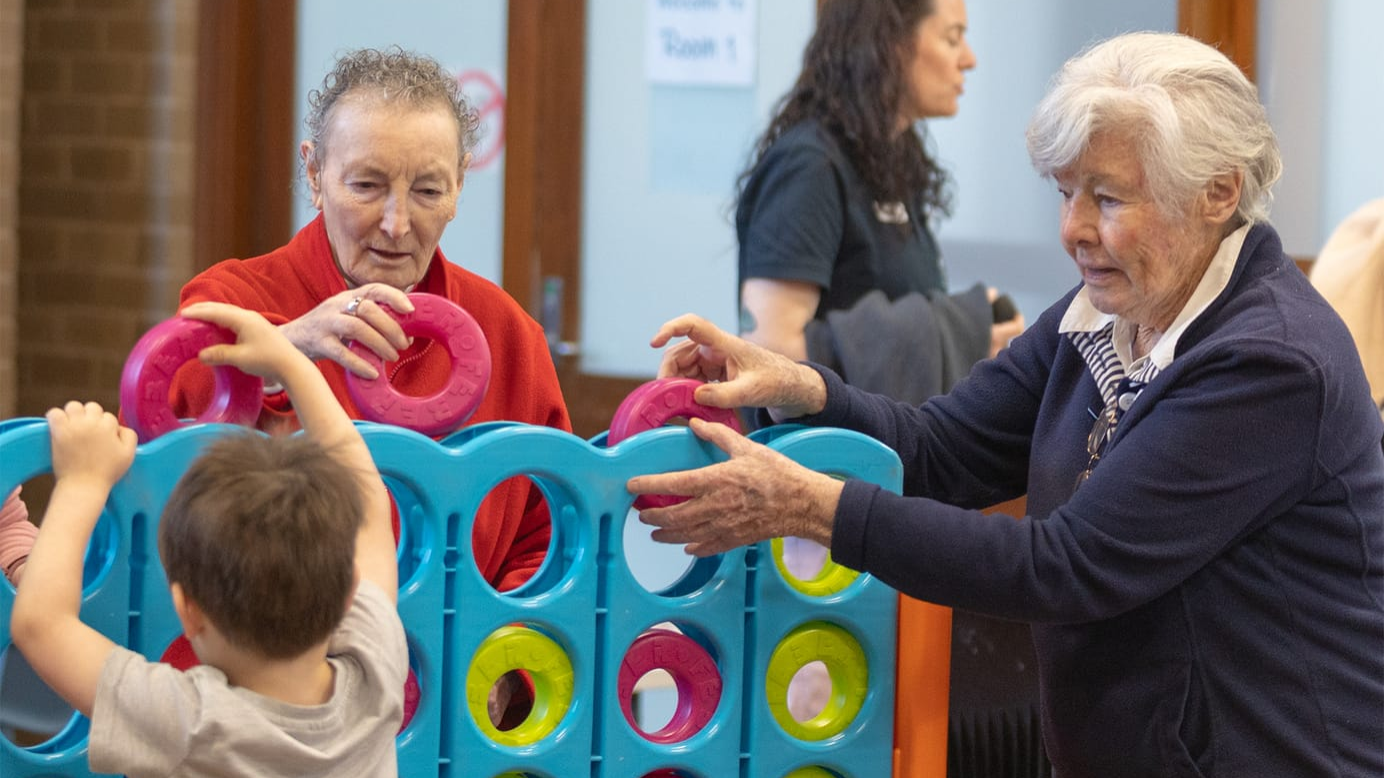
Friends for Good - Combating loneliness
Table of Contents
Loneliness can be defined as the state of distress we experience arising from a lack of meaningful social connection in our lives. We are experiencing loneliness in increasing numbers, and it is an issue that crosses the boundaries of culture and age and can have serious consequences for both our physical and mental health.
Research has linked chronic loneliness to increased risks of heart disease, depression, anxiety, and even early mortality. One charity committed to tackling the issue is Friends for Good. Founded in 2016, Friends for Good is Australia’s first not-for-profit focused on addressing loneliness and social isolation. 'Loneliness is a hidden suffering of our modern age. We can’t ignore the warning signs. We need to take action,' said Patricia Lauria, the charity's Co-Founder and CEO.
The growing impact of loneliness on physical and mental health
Their research has shown that loneliness affects people from all walks of life. In their most recent survey, nine in ten Australian adults reported experiencing loneliness at some point in their lives, highlighting just how widespread the issue is. The Covid-19 pandemic has brought loneliness into sharper focus, with many people having felt isolated for the very first time, whilst for others, their existing loneliness deepened. One positive outcome of the pandemic is that awareness around loneliness has grown, making it easier for people to talk about and address.
The mission to combat loneliness and isolation
Initially, Friends for Good’s work centred on raising awareness and education around loneliness. Over time, their work has expanded to include research, direct services, and social enterprise initiatives. We interviewed Eleisha Casañas, Friends for Good’s National Research and Community Education Manager. ‘Today,’ she said, ‘we provide practical support, conduct national research, and advocate for systemic change to address loneliness in meaningful ways. Through our work, we have seen firsthand how deeply loneliness can affect self-esteem, relationships, and overall well-being. Connection is essential – not just for happiness, but for our ability to truly thrive.’
Friends for Good now offers a range of services including FriendLine, ArabicLine, and MateLine, which provide friendly, anonymous conversations for those experiencing loneliness. ‘Beyond direct support,’ said Eleisha, ‘we are actively working on community-based initiatives that bring people together and reduce isolation. On a broader scale, we aim to challenge the stigma of loneliness through education, advocacy, and research.’
Friends for Good have had the privilege of working with many fantastic organisations, but one that stands out to Eleisha is Inclusee, a not-for-profit that uses digital technology to foster social connection. This collaboration has led to exciting new ideas, and the two organisations have really valued supporting one another over the years. ‘Working together with like-minded organisations strengthens our collective impact.’
Challenges and opportunities in addressing loneliness in Australia
One of Eleisha’s most rewarding moments was receiving a grant to bring an intergenerational event to life. ‘Partnering with local neighbourhood houses, we created a space where people of all ages could connect and engage with one another. Seeing the joy on attendees’ faces and witnessing genuine connections being made was incredibly powerful. It was a reminder of just how important these moments of connection are.’
Whilst it is evident over the past 9 years, charities like Friends for Good have made great strides in working towards addressing loneliness, Eleisha identified several gaps requiring urgent attention. One major challenge is funding – the demand for FriendLine, for example, far exceeds what Friends for Good can meet with their current resources. Additionally, marginalised groups, such as culturally diverse communities, older adults, and young people, need more targeted services and education to prevent loneliness before it becomes chronic. ‘Sustainable investment in both early intervention and long-term support is critical.’
Eleisha had the following advice for anyone who may be struggling with loneliness. ‘You're not alone – loneliness is a common experience, and while it can feel overwhelming, it doesn’t have to be permanent. Reaching out, even in small ways, can make a difference. Whether it’s connecting with a friend, joining a local group, or speaking to a support service like FriendLine, there are people who care and want to listen. Meaningful connections take time, but hope is always within reach.’
Friends For Good is now offering Speakers Bank, a new service with a range of experts available to talk about loneliness related topics.
Photo credit: Steven Hendy, Modernist Design
Charity Journal - Australia Newsletter
Join the newsletter to receive the latest updates in your inbox.








